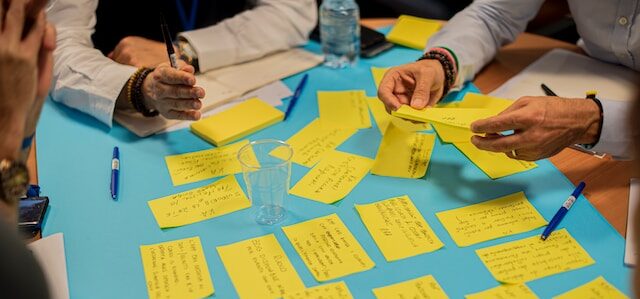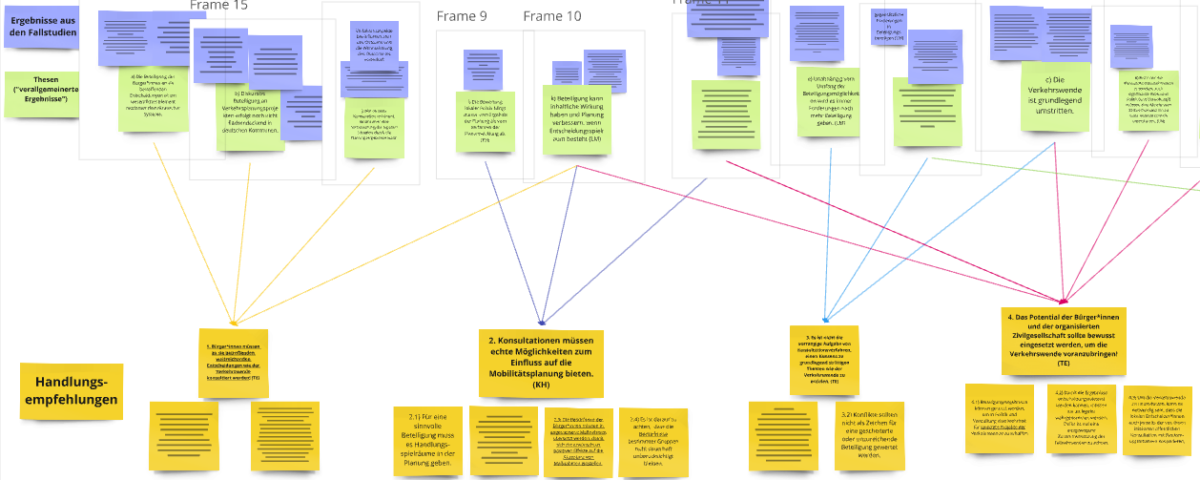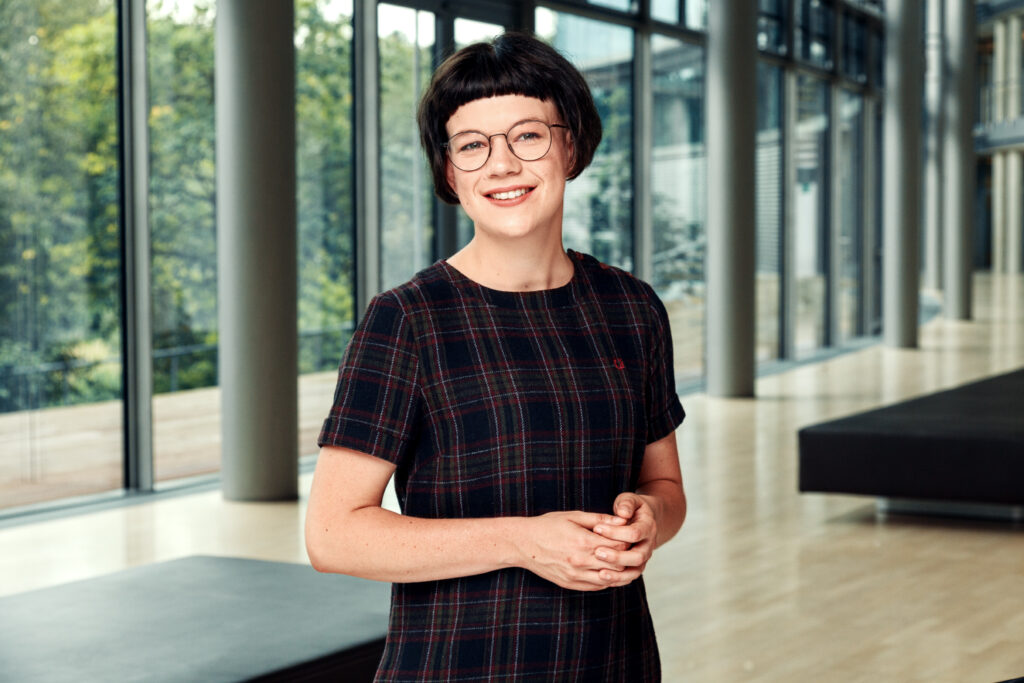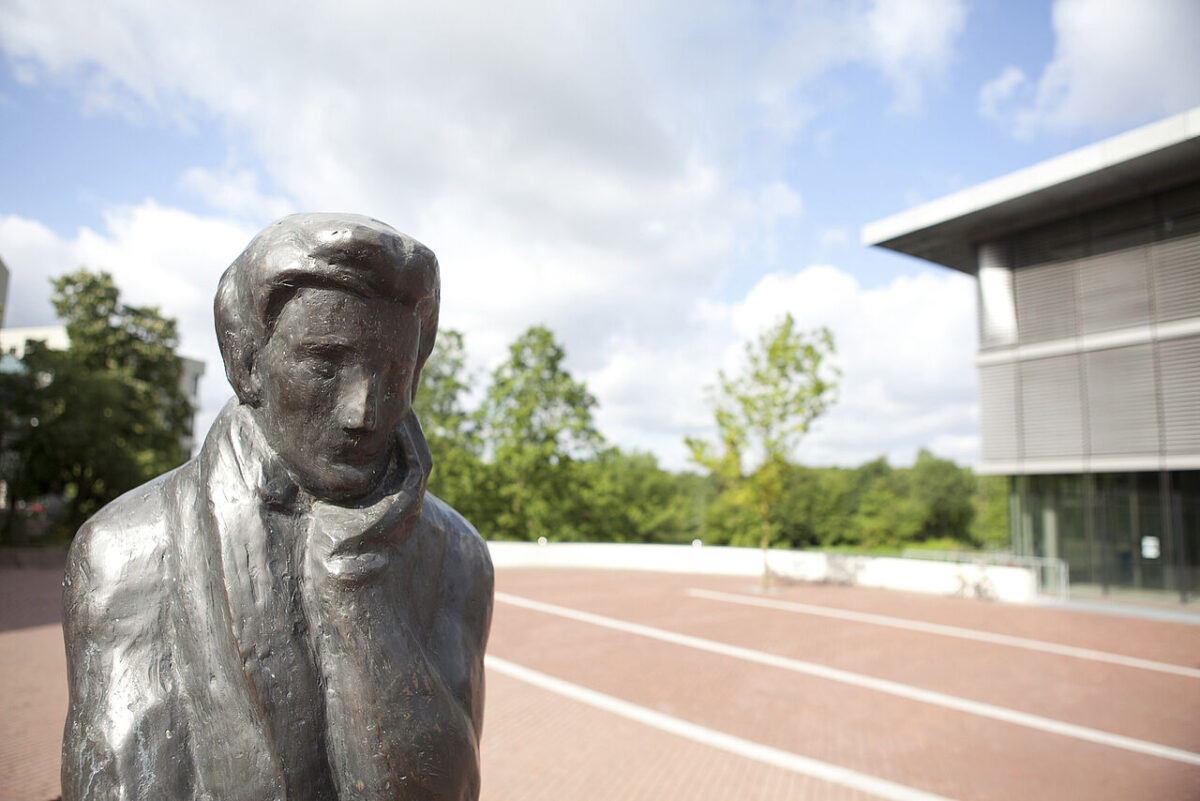Our presentation at the annual congress of the AESOP (Assosiation of European Schools of Planning) in 2022 has now been followed by a publication in the journal Case Studies on Transport Policy. Using qualitative and quantitative data, the contribution to socio-spatial justice was examined for the case study of the consultative planning process on the Elbchaussee in Hamburg.
Summary
The transport system contributes to significant socio-spatial injustices, both through its environmental impact and its structural disadvantages for certain groups. While public authorities increasingly include elements of public participation in planning processes it remains unclear whether this results in greater socio-spatial justice.
To explore this question, the study examines socio-spatial justice as distributive justice and investigates how consultative planning contributes to sustainability and addresses the needs of disadvantaged groups. For this
purpose, the case of the Elbchaussee reconstruction in Hamburg, Germany, is analyzed. Drawing on both qualitative and quantitative data including expert interviews and a public survey, the study finds that the planning process led to modest improvements, such as better conditions for pedestrians and cyclists, which promote ecological sustainability and benefit non-male groups. However, these outcomes fall short of participants’ expectations, and the few positive changes cannot be directly linked to public input. The findings suggest
that current public participation practices do not automatically lead to greater socio-spatial justice. Achieving this requires more inclusive participation formats, greater influence for participants, and a more explicit focus on
socio-spatial justice in planning.
Key Findings
- The consultative planning process as a whole resulted in measures that contribute slightly to socio-spatial justice, since they support the transition to more sustainable mobility and will benefit some disadvantages groups, though both to a limited degree.
- We find that the consultation procedure had no significant influence on the policy. In terms of socio-spatial justice, no positive effects can be traced back to the consultation procedure. Notably, those that participated in the consultation did indeed report less satisfaction with the measures.
- We trace those limited contributions back to some general features of consultation and the current planning system, but also find that in the case study the scope of possible influence was very limited due to external restrictions and power imbalances.





